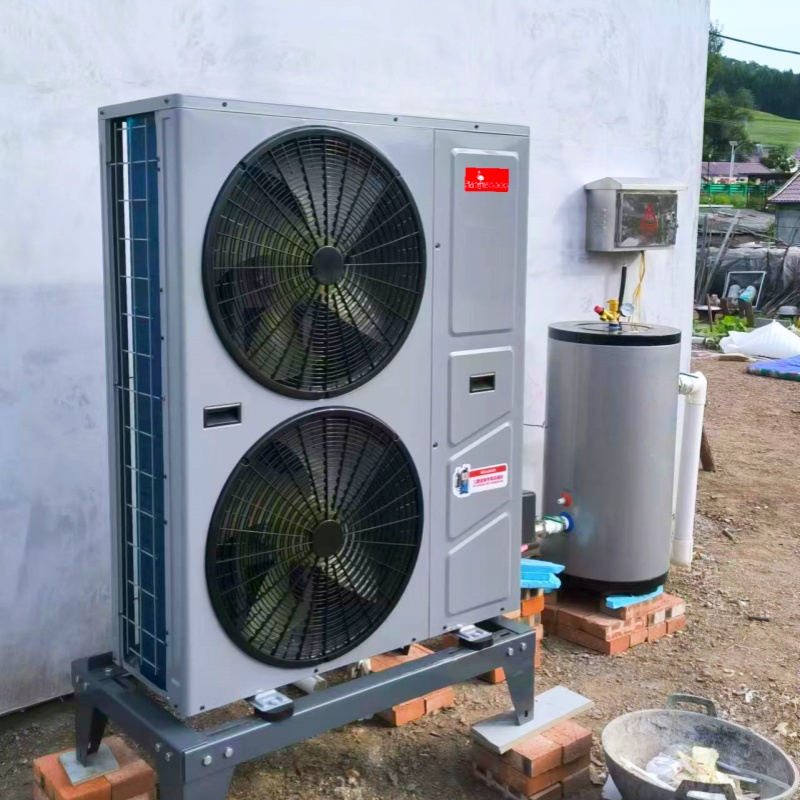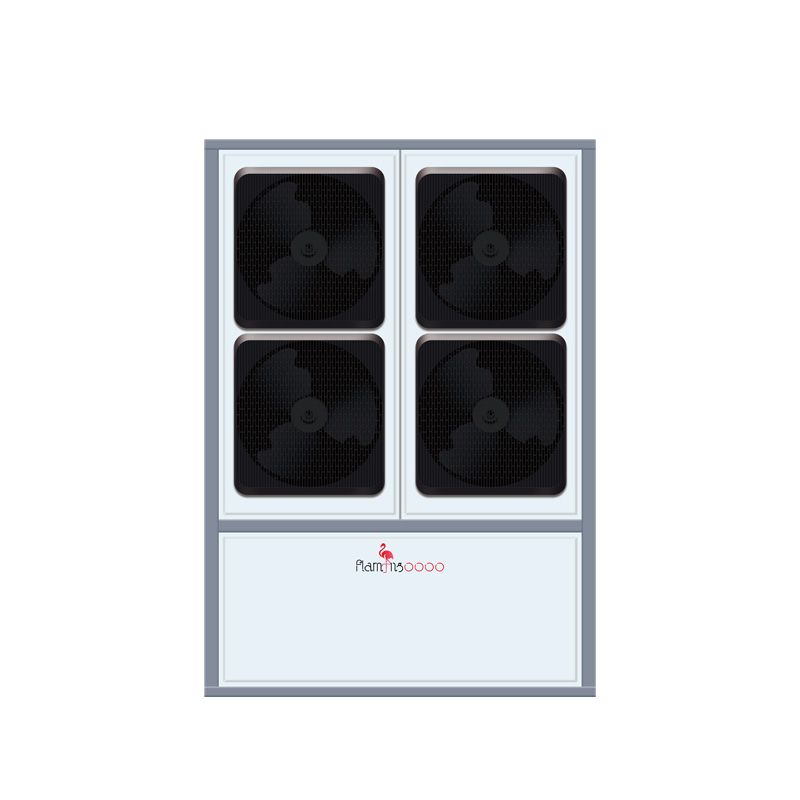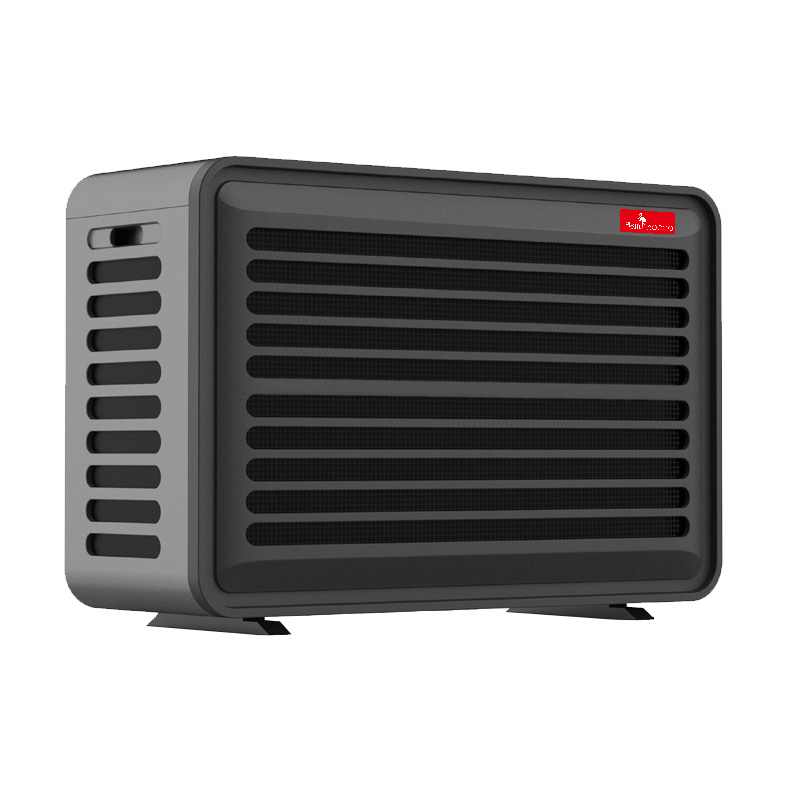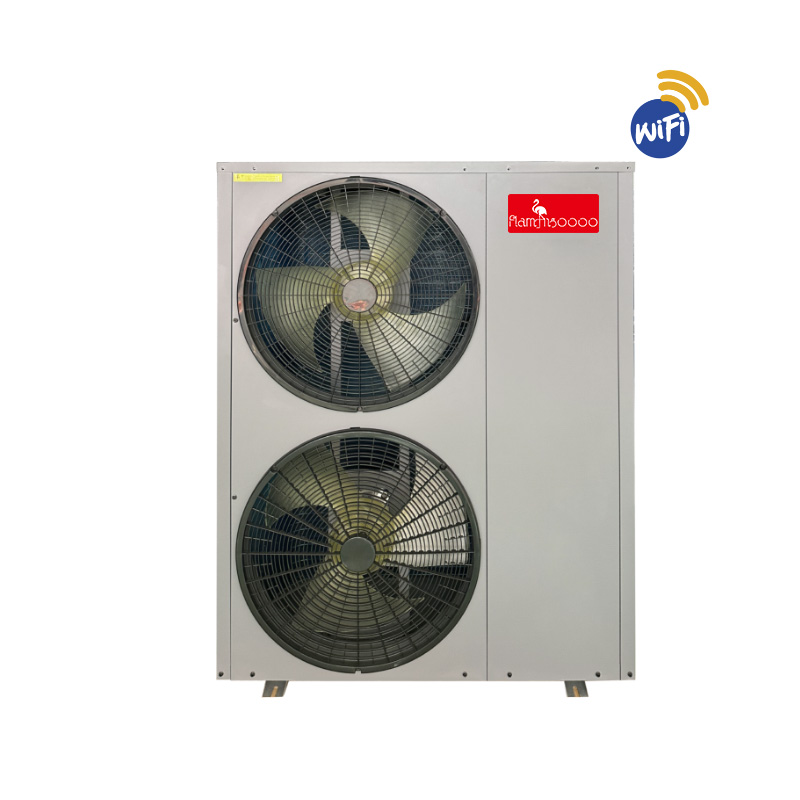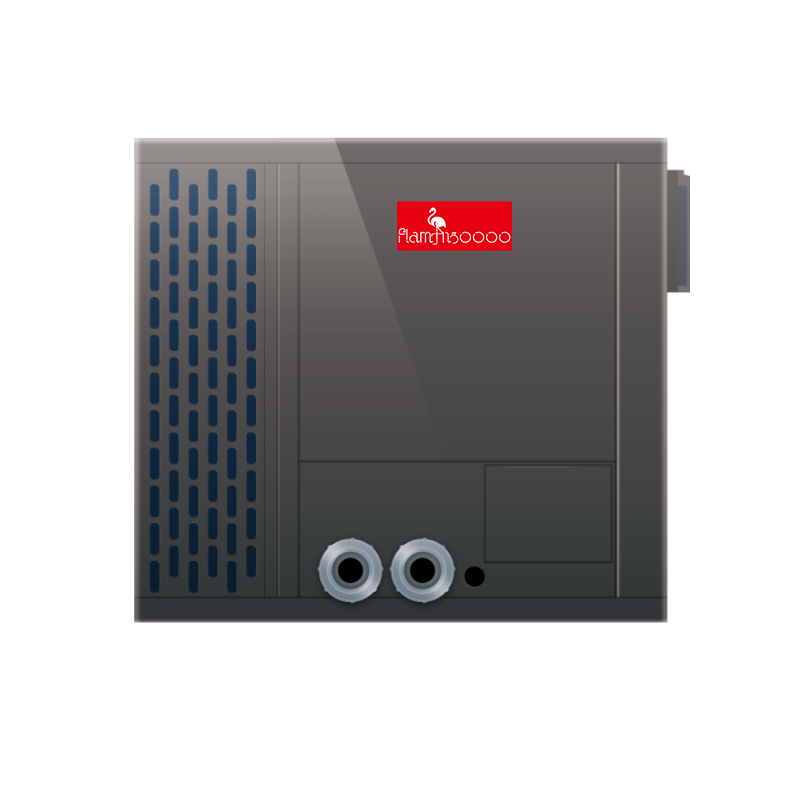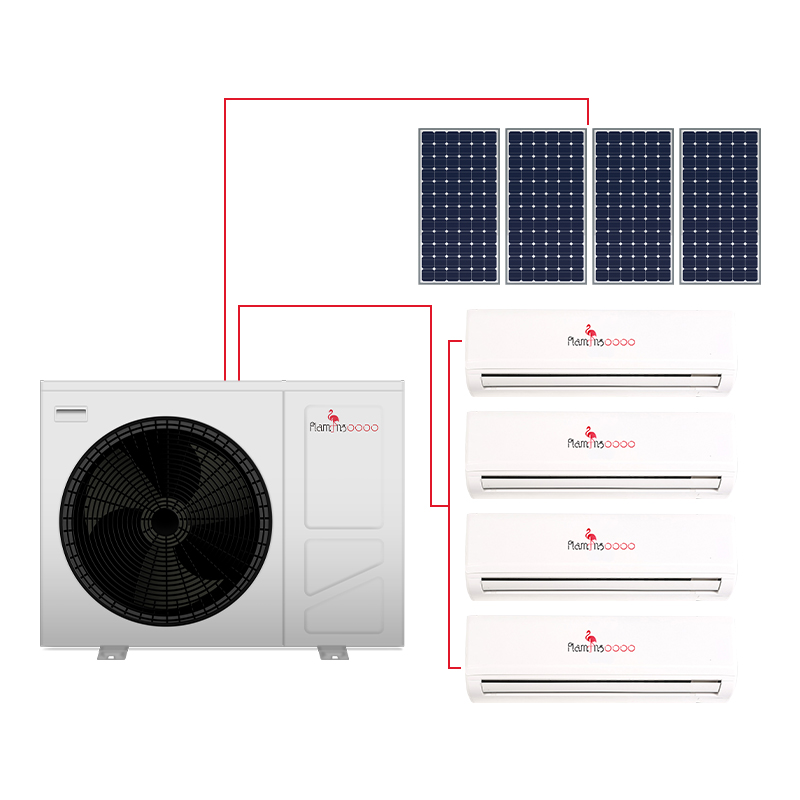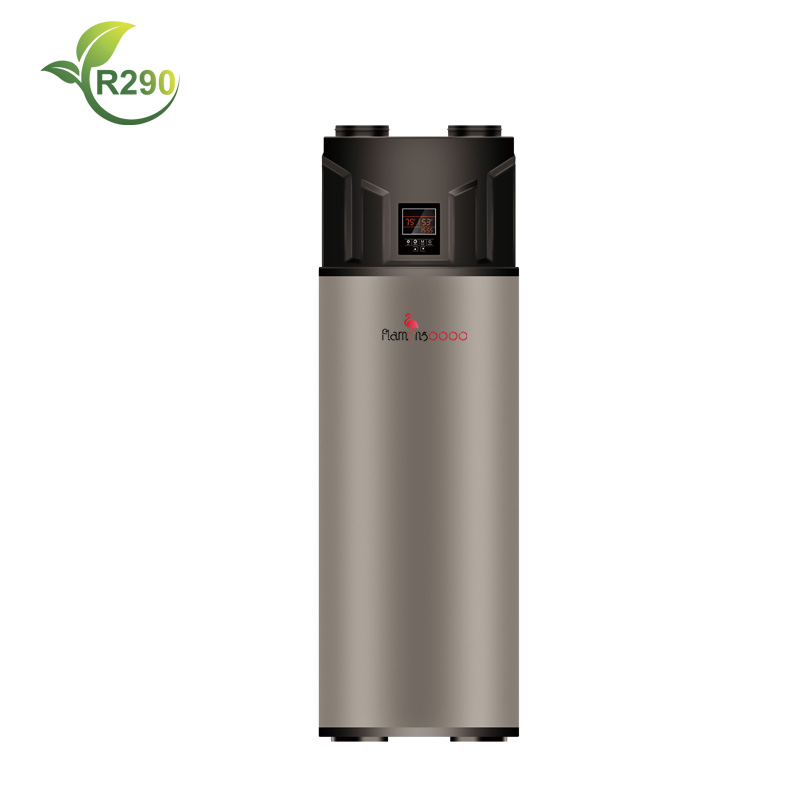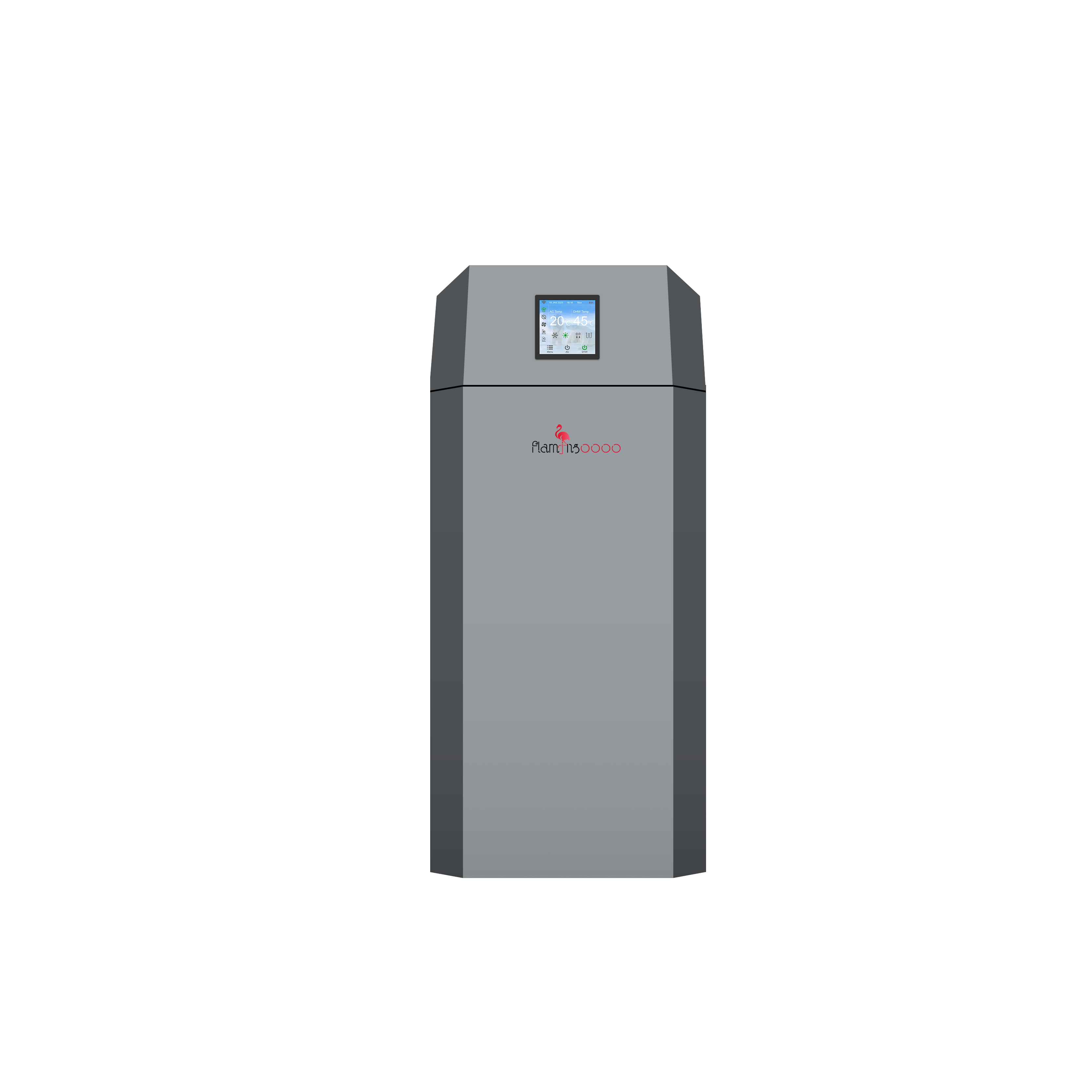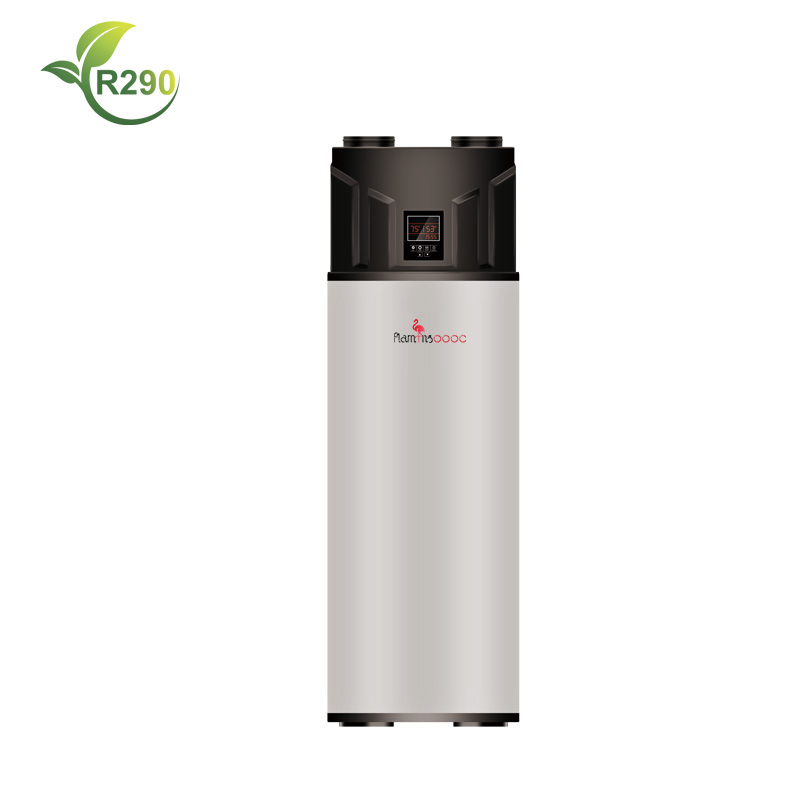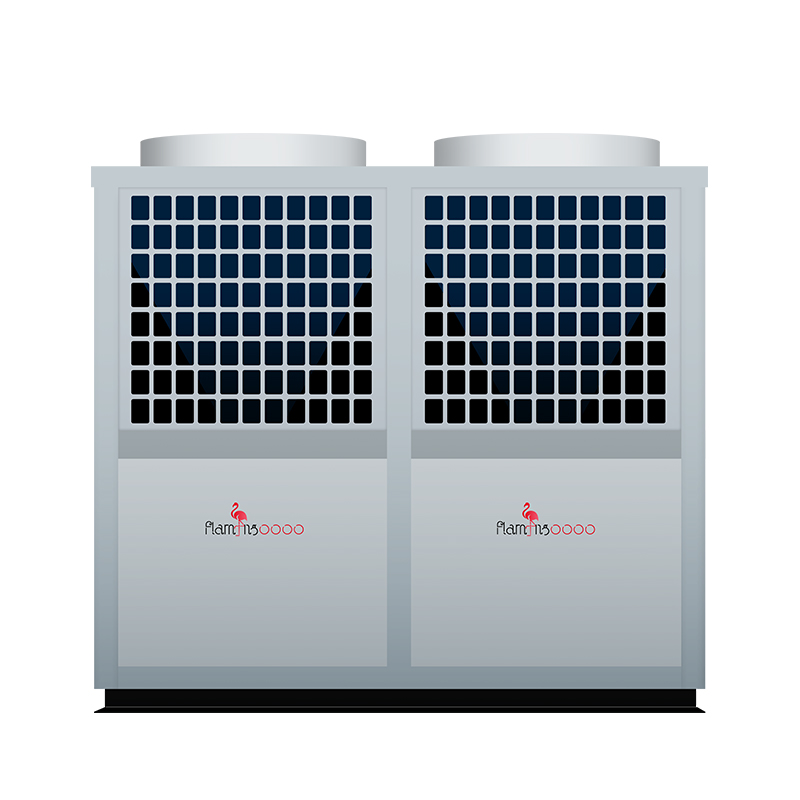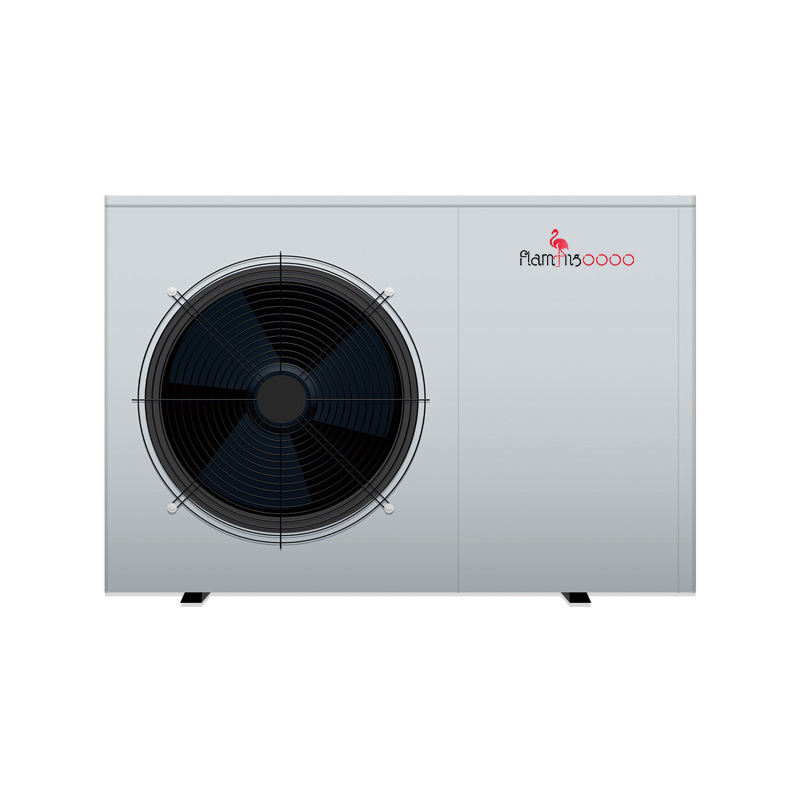As air source heat pumps become more common in both residential and commercial applications, many customers wonder whether installing a DC variable frequency heat pump will cause noise issues—especially during cold winter months.
This is a fair question, because in winter, heat pumps often run at higher speeds to maintain indoor comfort. However, modern inverter technology has been specifically designed to minimize noise even when operating in challenging conditions.
Why Do Heat Pumps Make Noise?
Like all mechanical systems, air-to-water heat pumps generate some level of sound. The main sources are:
✅ Compressor Operation – Compressors are responsible for circulating refrigerant and can produce a humming or vibrating noise.
✅ Fan Rotation – The outdoor unit’s fan draws air across the heat exchanger, which creates airflow noise.
✅ Defrost Cycles – In cold weather, frost can accumulate on the outdoor coil. When the system defrosts, you may hear a whooshing or brief increase in sound.
How DC Variable Frequency Compressors Reduce Noise
Unlike traditional fixed-speed models, DC inverter heat pumps do not simply switch on and off at full power. Instead, they automatically adjust the compressor and fan speeds to match heating demand in real time.
This smoother operation provides multiple benefits:
✅ Lower Average RPM – During milder conditions, the compressor runs at a slower speed, reducing overall noise.
✅ Soft Start and Stop – No sudden surges that can create loud clicks or vibrations.
✅ Smart Defrost Management – Advanced algorithms control the defrost process more precisely, minimizing noise spikes.
In fact, many high-quality inverter heat pumps maintain outdoor noise levels as low as 45–55 dB(A) under typical operation—about the same as a quiet conversation or light rainfall.
What Happens During Very Cold Weather?
During freezing temperatures, the heat pump will ramp up to maintain capacity. While the compressor and fan may temporarily operate at higher speeds, well-engineered units remain surprisingly quiet thanks to:
✅ Vibration-damping mounts
✅ Insulated compressor compartments
✅ Optimized fan blade design
Some brands also include night mode settings that further reduce sound output, even when temperatures drop below zero.
The Flamingo Difference
Flamingo heat pumps are carefully designed to deliver high performance with minimal noise throughout the year. Each system features:
✅ Premium DC inverter compressors, engineered for low-vibration operation
✅ Acoustic insulation and multi-layered soundproof casing
✅ Adaptive fan control that automatically balances airflow and noise levels
This means you can rely on Flamingo heat pumps to keep your home warm in winter without disruptive sound—so you enjoy comfort and peace of mind all season long.
Conclusion
Will there be noise problems when using a DC variable frequency heat pump in winter?
In most cases, no. Modern inverter-driven systems are much quieter than traditional models and include multiple design features to suppress noise, even during defrost or high-load operation.
To ensure the quietest experience:
✅ Choose a reputable brand that prioritizes acoustic engineering
✅ Ensure correct installation, including vibration isolation and proper clearances
✅ Use smart control settings to fine-tune performance and noise levels
With the right equipment and setup, you can enjoy energy-efficient heating without compromising tranquility.
Flamingo DC inverter heat pumps combine advanced noise reduction technology and reliable winter performance—so you stay warm, comfortable, and undisturbed no matter how cold it gets outside.
